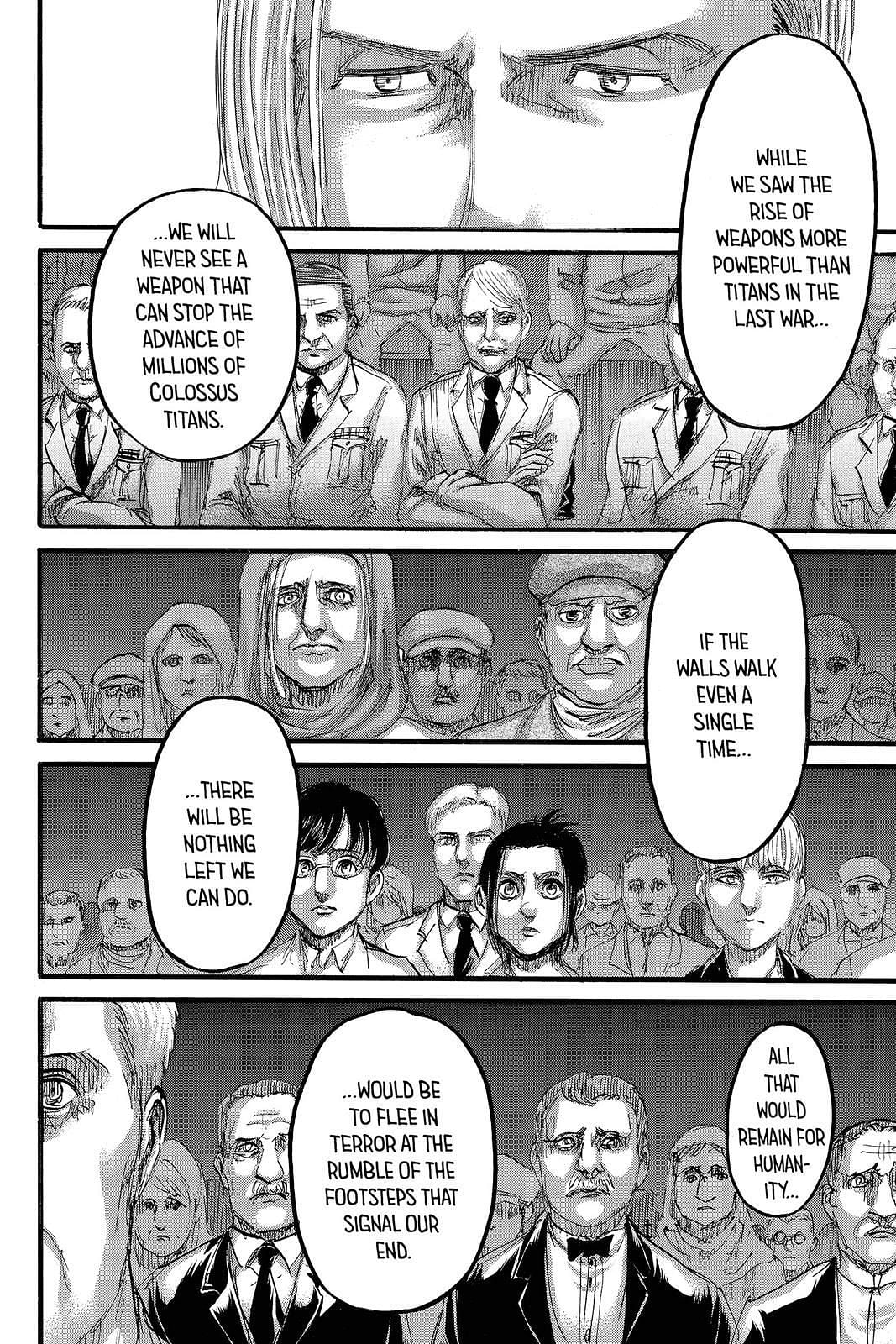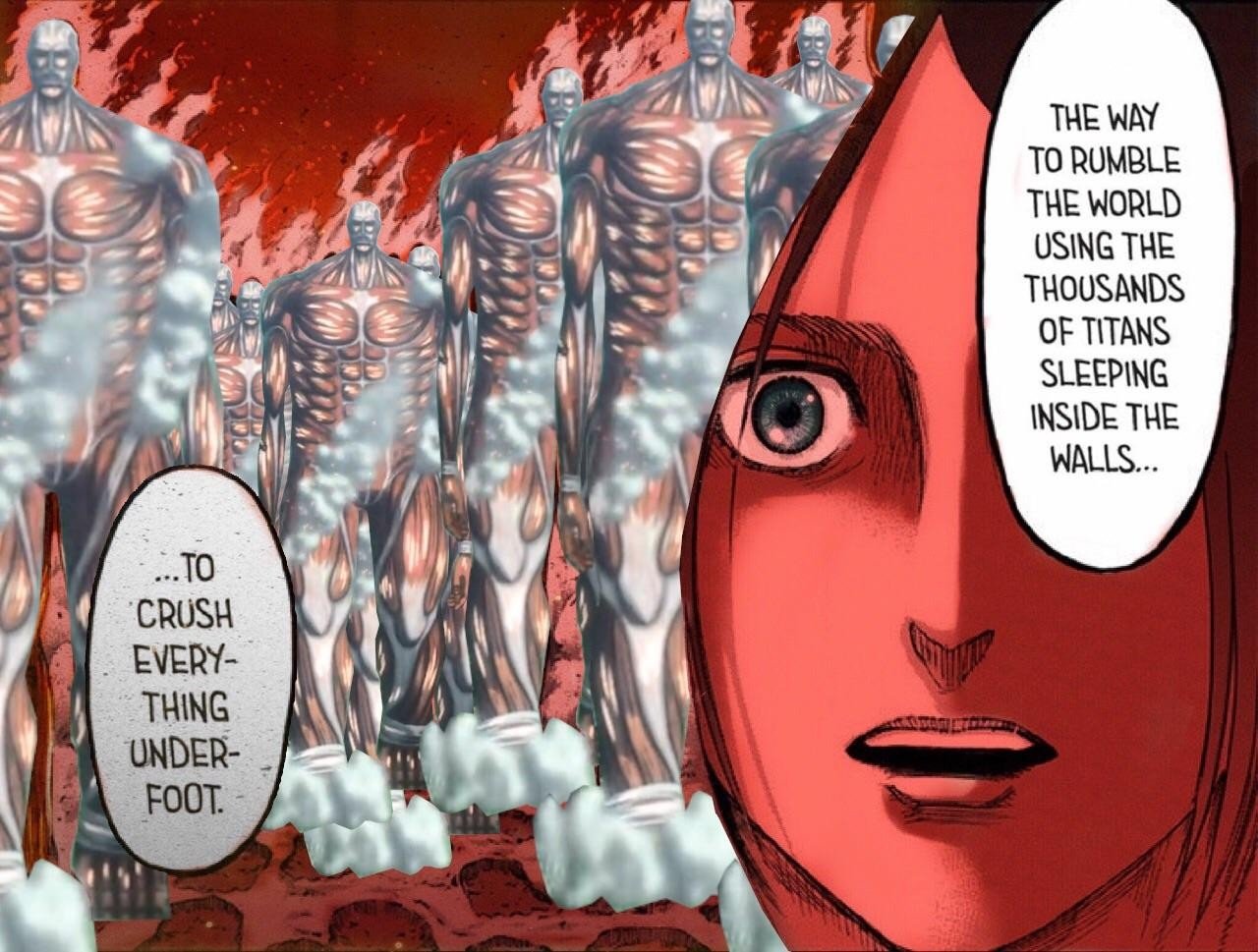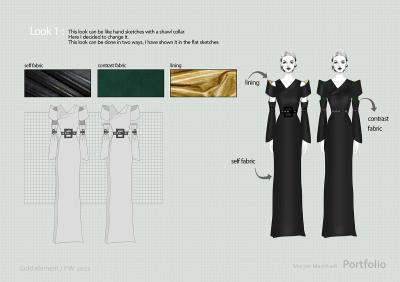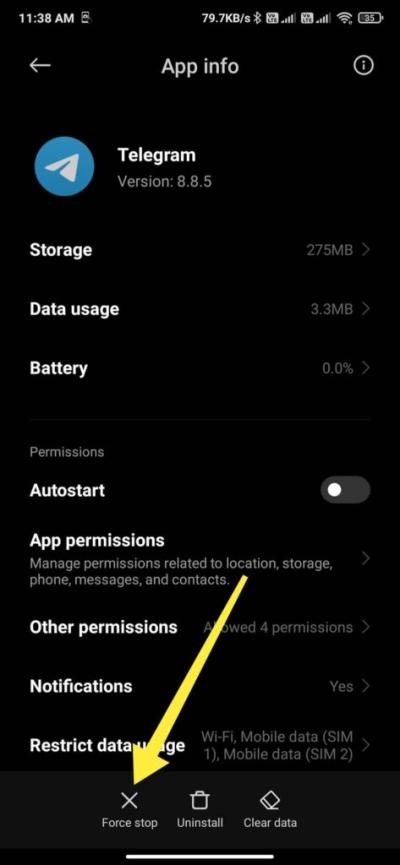"Attack on Titan" is a gripping anime and manga series that has captured the hearts and minds of fans worldwide. Created by Hajime Isayama, the story unfolds in a world where humanity faces extinction due to massive humanoid creatures known as Titans. These terrifying beings devour humans, prompting the remnants of civilization to build colossal walls for protection. At the center of this harrowing narrative is a complex story of survival, freedom, and morality. This blog post delves into one of the most controversial decisions in the series: Eren Yeager's choice to initiate the Rumbling, a pivotal moment that reshaped the very fabric of the storyline and challenged the perceptions of good and evil.
Who is Eren Yeager?

Eren Yeager is arguably one of the most compelling characters in "Attack on Titan." Initially introduced as a restless and determined young boy living in the walled city of Shiganshina, Eren's life takes a dramatic turn when Titans breach the walls, leading to the tragic death of his mother. This traumatic event ignites an intense desire for vengeance within him, propelling his journey throughout the series.
As Eren matures, his character evolves, reflecting the series' broader themes of freedom, sacrifice, and the devastating consequences of war. Here are some key points about Eren that showcase his complexity:
- Background: Eren is the son of Grisha Yeager and Carla Yeager. His upbringing in a tranquil environment is shattered by the Titan attacks, serving as the catalyst for his transformation from a naïve boy to a determined warrior.
- Powers: Eren possesses the unique ability to transform into a Titan, a power inherited from his father’s Titan form. This gift not only makes him a formidable fighter but also sets him on a path intertwined with the secrets of Titan history.
- Friendships: Eren's relationships with key characters, such as Mikasa Ackerman and Armin Arlert, shape his motivations. Mikasa is fiercely protective of him, while Armin serves as a voice of reason, often challenging Eren’s more impulsive decisions.
- Determination for Freedom: Eren's driving force is his unyielding desire for freedom—not just for himself, but for his friends and for humanity. This desire leads him to make increasingly drastic decisions as the story progresses.
- Moral Ambiguity: As the series unfolds, Eren becomes a more morally ambiguous figure. His methods and driving philosophy challenge viewers to reconsider the concepts of heroism and villainy.
At first glance, Eren’s motivations may appear simple—he wants to eradicate Titans and liberate humanity. However, as the narrative evolves, we see that his choices are far more complicated, hinting at the darker sides of human nature. This complexity is especially evident in his eventual decision to initiate the Rumbling, which serves as the climax of his character arc.
Understanding Eren Yeager’s character is essential to grasping the full impact of the Rumbling. His evolution from a hopeful boy to a controversial figure that embodies both heroism and villainy is a testament to the narrative depth of "Attack on Titan." The series doesn’t just ask the question of what it means to be free; it challenges us to consider what price we are willing to pay for that freedom.
Also Read This: How to Unlock Spyro in Crash Team Rumble
3. The Concept of the Rumbling

The Rumbling is one of the most pivotal and catastrophic events in the world of Attack on Titan. But what exactly does it entail? At its core, the Rumbling is a massive-scale march of the Titans, specifically the Colossal Titans that lie dormant within the walls of Paradis Island. When unleashed, these Titans march across the earth, annihilating everything in their path. The sheer idea of unleashing thousands of towering giants is not just a demonstration of power; it is a *grim solution to a complex problem that has plagued the inhabitants of this universe.
The initiation of the Rumbling serves several purposes. It acts as a form of mass destruction, targeting Marley and its allies — the very nations that have oppressed and discriminated against Eldians. Eren Yeager, having finally grasped the history of Eldians and Marleyans, sees the Rumbling as a way to ensure survival for his people. Throughout the series, we learn about the cycle of hatred and brutal oppression faced by Eldians, leading to an elevated tension between the two factions. By bringing forth the Rumbling, Eren is attempting to change the trajectory of this cycle, albeit through horrific means.
Moreover, the Rumbling is steeped in the themes of fear and control. Eren’s strategic use of the Titans symbolizes a desperate attempt to instill panic among his enemies. The idea is simple: if Marley and the world see the overwhelming force that Eren can wield, perhaps they would think twice before launching further attacks against the Eldians. However, it also poses a moral dilemma. While Eren believes that the ends justify the means, it begs the question — how far should one go to protect their people? The Rumbling captures the essence of this moral conflict, serving as both a last resort and a tragic consequence of Eren’s radical decision-making.
It's important to note how the Rumbling reflects not only Eren’s resolve but also the consequences of isolationism. Having grown up in a world surrounded by walls with threats lurking outside, Eldians have always been depicted as the eternal victims. Eren's execution of the Rumbling challenges the notion of self-defense and revenge, pushing the narrative to explore what happens when a victim refuses to remain subjugated and instead chooses to retaliate with extreme force.
Also Read This: Does the Switch Lite Have Rumble? Clarifying the Vibration Capabilities of the Switch Lite
4. Motivations Behind Eren's Actions
Understanding Eren Yeager’s motivations for initiating the Rumbling involves exploring his character’s evolution from a simple, freedom-seeking kid into a chaotic architect of destruction. There are several layers to his motivations, making it difficult to paint him as purely heroic or villainous.
First and foremost, after discovering the tragic history of Eldians and the brutal oppression they face at the hands of Marley, Eren becomes compelled by a deep sense of injustice. His journey has been fueled by personal loss and the desire to fight back against a world that continually seeks to erase his people. The realization that the Eldians are marked for extermination pushes Eren to seek a solution that’s not just about survival — it’s about revenge. He wants the world to understand the pain and suffering that Eldians have endured.
Another significant motivator for Eren is the bond he shares with his friends and loved ones. His actions are not only a reflection of personal beliefs but are also rooted in a desire to protect them. Eren has continuously placed the well-being of his friends at the forefront of his decisions. However, this protective instinct becomes distorted as the stakes rise. In his mind, unleashing the Rumbling is a means of ensuring that the Titan curse ends and that his friends can live in a world free of anxiety about their ancestry.
It's also crucial to consider Eren's radicalization throughout the series. As the story unfolds, we see how his decisions are influenced by the pressure of the impending doom facing his people. Isolated and desperate, he believes the only way to break the cycle of hatred is through absolute destruction. This perspective may be extreme, but it stems from his well-documented fear of loss — the loss of his home, his family, and the future of the Eldians.
- Injustice: Eren acts to rectify the wrongs committed against Eldians.
- Protection: A distorted sense of responsibility for his friends drives his actions.
- Radicalization: The growing desperation leads to extreme measures.
Ultimately, Eren’s motivations are a cocktail of desperation, love, and a fierce desire for freedom. His transformation speaks to the complexities of human nature and the moral quandaries one faces when pushed to the brink. In the end, while his act of initiating the Rumbling may stem from a desire to protect, the means he chooses serves as a cautionary tale about the lengths one might go when feel they have nothing left to lose.
Also Read This: Does the Wavebird Have Rumble? A Detailed Examination of the Wavebird Controller
5. The Role of Freedom and Survival in Eren's Decision
When diving deep into Eren Yeager’s psyche, it becomes clear that his decision to initiate the Rumbling is heavily intertwined with the concepts of freedom and survival. Throughout the series, we witness Eren's evolution from a passionate boy seeking to eradicate Titans to a complex figure making controversial choices to secure a future for his people.
Initially, Eren's motivations are rooted in a desire for freedom—freedom for the Eldians on Paradis island, who have been oppressed and hunted like animals. By unleashing the Rumbling, Eren believes he can destroy the outside world that threatens Eldian existence. It’s a harsh but calculative move stemming from a deep-seated belief that freedom can only be achieved through overwhelming force.
This bleak doctrine reflects Eren’s transformation into someone who equates freedom with survival. In his mind, if his people are to be free, they must first survive the existential threats posed by humanity beyond the walls. The narrative poses a troubling question: can true freedom exist without the assurance of survival? Eren decides that the answer is no, leading him to adopt a militant approach to secure both for Eldia.
Moreover, Eren's unique abilities and experiences have made him acutely aware of the brutal realities of the world. Having witnessed numerous betrayals and the violent cycle of revenge and hatred, Eren realizes that peace cannot be achieved through diplomacy or understanding. Instead, by showcasing the devastating power of the Rumbling, he believes he can force the world into submission, ensuring that Eldians are never again seen as subhuman.
In a symbolic sense, Eren’s acknowledgment of survival's precedence over morality serves as a reflection of the survivalists' mindset: at what cost does one achieve freedom? Some fans argue that Eren's choices are monstrous, while others see them as a tragic necessity shaped by a cycle of conflict. Regardless, it’s evident that freedom, when tied directly to survival, can lead to horrifying decisions.
Also Read This: Why Rumble Is Becoming a Popular Video Platform Globally
6. Impact of the Rumbling on the World of Attack on Titan
The initiation of the Rumbling sent shockwaves through the world of Attack on Titan. This catastrophic event was not just a display of power; it was fundamentally a changing tide in the socio-political landscape of the series. The colossal Titans marching across the globe represent more than just destruction; they embody the culmination of fear, hatred, and the unresolved conflicts that have plagued humanity.
First and foremost, the immediate impact is mass devastation. Entire cities are reduced to rubble, and people are wiped out in an instant. This brutal reality serves as an eye-opening moment for the remaining characters and the audiences alike, illustrating the grim consequences of Eren's drastic choices. The potential for a future filled with peace and coexistence seems to diminish with each step taken by the Titans.
However, the Rumbling's impact extends beyond mere destruction. It forces the world’s survivors to grapple with their beliefs about freedom and coexistence. Nations that once viewed Eldians as monsters are now faced with the terrifying prospect of their own annihilation, compelling them to reconsider their long-held prejudices. This drastic pivot in the world’s perspective initiates a dialogue about what it truly means to be free and how far individuals and societies might go to protect their freedom.
Additionally, the aftermath of the Rumbling creates rifts within Eren's own circle. Characters like Mikasa and Armin must confront the reality of being friends with a person who is willing to commit such atrocities for what he believes is a greater good. It raises questions about loyalty, morality, and the price of one’s beliefs. Do they stand by Eren’s side, or do they oppose him, despite their friendship and shared history?
In essence, the Rumbling acts as a catalyst for change*—not just in the physical realm but also in the hearts and minds of those involved. The series presents a powerful commentary on how conflict perpetuates cycles of violence, and whether true peace can ever be achieved when so many grudges and histories exist.
As we reflect on the repercussions of these monumental events, it’s evident that Eren’s decision was not merely a plot device. It served as a narrative vehicle to explore profound themes of freedom, survival, and the consequences of choices made under the weight of oppression and despair.
Also Read This: When Does the Royal Rumble End? Event Duration Details
7. Fan Reactions and Theories Surrounding Eren's Choice
The moment Eren Yeager decided to initiate the Rumbling sparked a whirlwind of reactions across the fandom. This wasn't just a plot twist; it was a seismic shift in the narrative of Attack on Titan. Fans have been dissecting every angle of Eren's decision, leading to a plethora of theories and discussions about his motivations.
Many fans were shocked, to say the least. For years, Eren was perceived as a heroic figure fighting for freedom, and then—boom!—he becomes the very thing he fought against. This change left many viewers grappling with their emotions. Some praised the writing for taking such a bold direction, while others felt betrayed by a character they had followed from the beginning.
Among the various theories is the notion that Eren's choice was influenced by a sense of fatalism. Some fans argue that Eren, aware of future events through his Attack Titan abilities, felt compelled to enact the Rumbling because he believed it was the only way to ensure the survival of his friends and his people. This line of thinking reflects a darker theme of inevitability that runs throughout the series—a question of whether destiny is predetermined or if we have the power to alter it.
Another prevailing theory suggests that Eren’s drastic decision stemmed from his desire to liberate his people from the oppression and hatred they faced. This viewpoint revolves around the idea that Eren was willing to sacrifice the world to secure a safe future for the Eldians, showcasing a tragic hero’s transformation into a tyrant for the sake of those he loves.
Fans also loved to compare Eren’s actions with those of historical figures. This method of analysis often leads to debates about morality, ethics, and the cyclical nature of violence. Was Eren a monster, or a necessary evil? The conversations are vibrant and passionate, reflecting the deeply personal connections that fans feel to the characters and story.
On social media platforms, discussions exploded with fan art, memes, and heated analysis videos. Some fans even embraced a more critical view of Eren, taking a stand against his decisions and discussing how his actions drove a wedge between him and his friends. This divide highlighted the moral complexities woven into the series’ narrative, allowing for rich discussions about the nature of heroism and villainy.
8. Conclusion: Eren's Legacy and the Themes of the Series
Eren Yeager's journey throughout Attack on Titan is a profound exploration of freedom, sacrifice, and the morally ambiguous choices individuals make in the face of existential threats. His decision to initiate the Rumbling might seem like a betrayal to many, yet it embodies the core themes of the series: the cost of freedom and the cyclical nature of violence.
In the end, Eren is a tragic figure who embodies the struggles of humanity in an unforgiving world. As we look back, it’s clear that his actions prompted essential questions about survival, identity, and the implications of power. Is it worth sacrificing millions to save a few? Or does such an act perpetuate a cycle of suffering?
The conclusion of Attack on Titan leaves fans with mixed feelings. Some hail Eren as a tragic hero, while others see him as a villain corrupted by his ideals. Regardless of where one stands on this spectrum, what remains unchanged is Eren's significant impact on the series and its characters. He challenged his friends—and us as viewers—to consider the harsh realities of their world.
Ultimately, Eren’s legacy will likely resonate long after the series concludes. It encourages us to question our values, the weight of our choices, and how far we might go to protect those we love. Through Eren's story, Attack on Titan conveys that the lines between right and wrong can blur, and true understanding of freedom often comes at a profound cost.
 admin
admin








